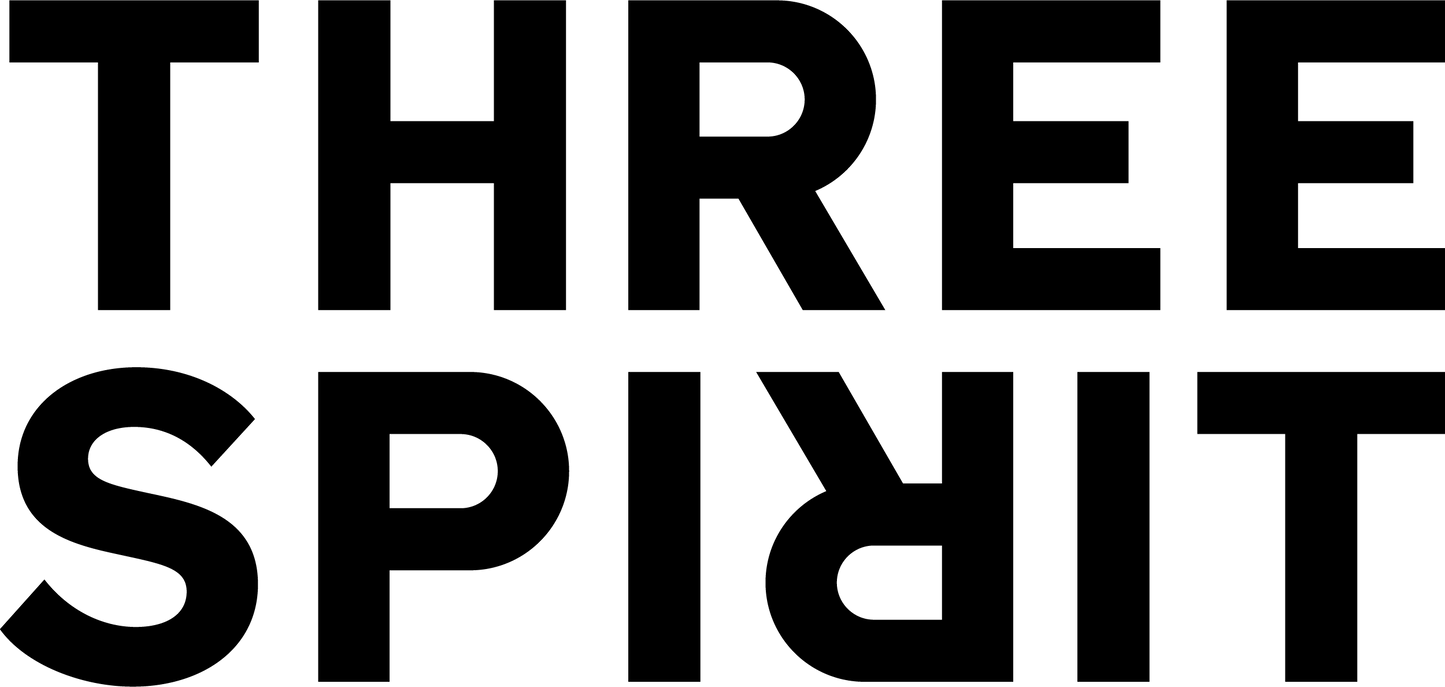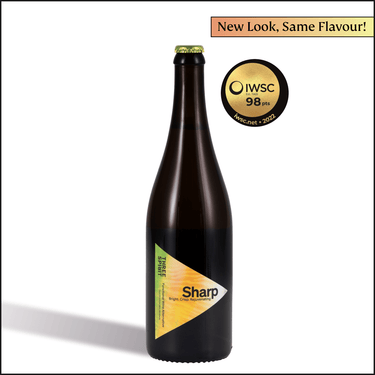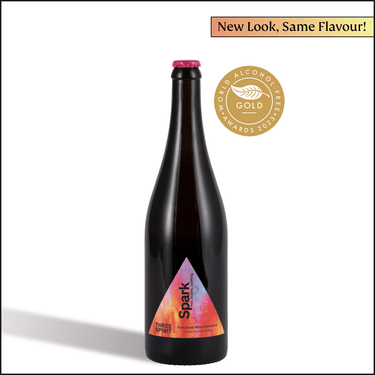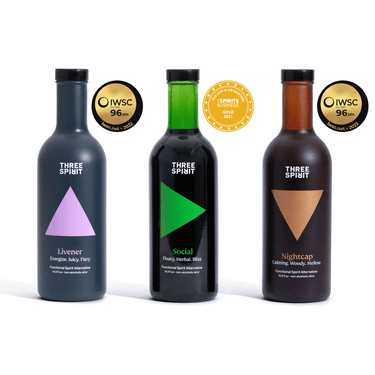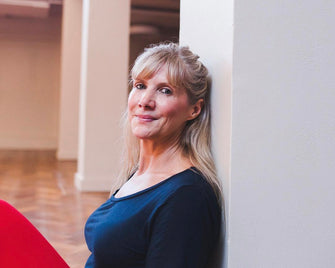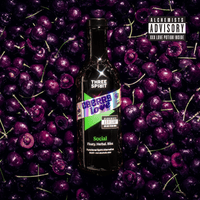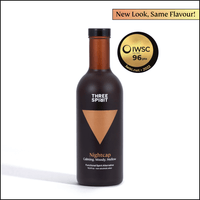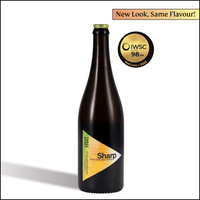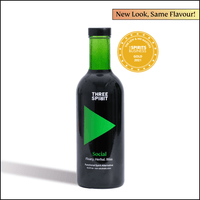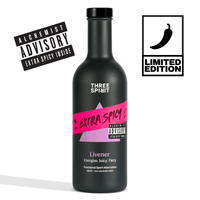In our ongoing mission to become more sustainable and plastic negative, we’ve teamed up with Verdn to attach high-quality, positive environmental impacts to our bottles. The impact of each is unique, transparent and fully trackable.
The impacts are carried out by selected partners. These partners are a collection of the world’s most effective charities, NGOs and organizations, and carry out work across some of the most pressing issues of our time, including reforestation and ocean plastic recovery.
With the help of our partners, for every bottle of Three Spirit you buy, one mangrove tree will be planted on your behalf, and every Collection sold will help remove 1kg of plastic from our oceans; positive environmental impacts you can track on your personal dashboard after placing your order.
Track your impact
When you buy a bottle of Three Spirit, we’ll plant one mangrove tree on your behalf in either Madagascar, Mozambique, or Kenya. The tree planting is facilitated and tracked by Verdn, and executed by Eden Reforestation Projects. This gives crucial income to local villagers so they can provide for their families. You are able to track your own unique impact on your own personalised dashboard.

Reforestation
Eden Reforestation Projects
Eden Reforestation Projects reduces extreme poverty and restores healthy forests by employing local villagers to plant millions of mangrove trees every year along coastal ecosystems.
Eden takes a holistic approach to reforestation and ecological restoration. They partner with villages committed to restoring their forest, and then hire and train local people to plant new trees. The reforestation provides the villagers with consistent income that helps them provide for their families. The villagers protect their new forests because they have a vested interest in them, and as a result, the seedling survival rate is an astounding 80%. When natural generation is factored in, the rate is even higher. Only native trees are ever planted.
Why are trees and forests so important?
In the fight against climate change, trees are an exceptional resource. While fossil fuels emit planet-warming carbon when we burn them, trees absorb carbon to grow. They store that carbon inside themselves, in their trunk, roots, and surrounding soil, in a process known as carbon sequestration. In return, they release oxygen, the very molecule we need to breathe.
In addition to mitigating climate change, forests also have other crucial functions for Earth’s biosphere. They are habitats for a vast majority of Earth’s species of plants and animals. Forests also have huge roles in water provision, soil protection and climate regulation.
Why mangroves?
Mangroves are small trees that grow in the salty coastal waters of over 100 countries. Mangrove forests are essential ecosystems whose dense roots serve as an anchor for the soil and coastline, preventing erosion and creating a barrier between harsh ocean systems and land. They store four times as much carbon as even tropical rainforest, making them an important tool to mitigate climate change.
A single mangrove tree can remove over 300 kg of CO2 from the atmosphere, assuming it grows for 25 years. That is roughly 12 kg of CO2 per year. - Eden Reforestation Projects
Ocean plastic collection
Empower AS
Empower is creating a solution to the plastic waste problem by giving plastic a value. They are cleaning up the world while fighting poverty by providing a wage to those in need.
Empower operates by setting up collection points around the world together with local partners (NGOs or charities). Once set up, these partners issue financial rewards in exchange for plastic deposits. All plastic is digitally registered upon collection, allowing Empower to trace the recovered plastic back up the supply chain, and keeping tabs on how it ends up being reused.
The plastic is cleaned up by underprivileged locals in poor communities. The plastic collection is a huge opportunity for these waste pickers, as they are given a stable amount of money per kilo of plastic collected. Locals that choose to be waste pickers can multiply their daily income – which for them means food, security and opportunity.
Empower has already organised cleanups in more than 15 countries, including those that see the Niger, Mekong and Ganges rivers flow through them (all of these are among the world’s top 10 most polluted).
By 2050, it is estimated that there will be more plastic than fish in the ocean, by weight. [1]
The scale and scope of the plastic problem
More than 350 million tonnes of plastic is produced every year – half of which is intended for single use, and less than 10% of which is ever recycled. From this astronomic total, only about 2.3% ends up in the oceans, yet this still means that 8 million tonnes of waste are added every year; the equivalent of a garbage truck dumped every minute. The number is also growing rapidly, and it is estimated that plastic may outweigh fish in the ocean by 2050.
The easiest way to tackle ocean plastic
Our best chance against ocean plastic is to tackle it at source: as much as one quarter of all ocean plastic — 2 million tonnes a year — originates from just 10 rivers. Eight of these are in Southeast Asia, the last two in Africa. In this lies a huge opportunity. Not only do these 10 rivers make it possible to organise cost-effective plastic cleanup operations, but with the right business model, this cleanup can simultaneously provide high wages to hard-working, disadvantaged locals. The very same locals who have been shortchanged by globalisation, with no realistic capacity to caretake the environment given their current socio-economic conditions.
1kg of ocean-bound plastic will be recovered for every Three Spirit Collection sold. After placing your order, you will receive an email with a link to your personal impact dashboard for you where you can see the status, and track the progress, of your ocean-bound plastic cleanup.
Find out more about Verdn, Eden Reforestation Projects + Empower AS
Sources:
